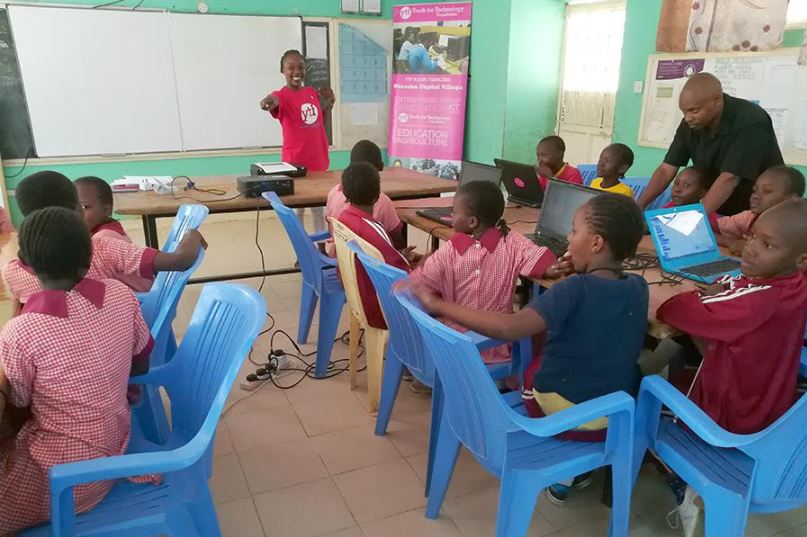×
The Standard e-Paper
Stay Informed, Even Offline

Cybersecurity and Artificial Intelligence (AI) are two of the hottest technology fields today, with job opportunities continuing to grow across both.
However, worldwide, women make up less than 15 per cent of the professionals in these high-tech jobs, and only one in 20 girls opts for a STEM-based career.







